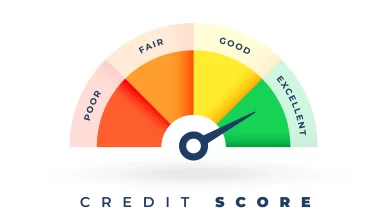
Not a day passes by in the lives of us humans when we don’t come across new things, and gain new experiences. When you think critically about those things and write about them, you are actually doing reflective writing. It allows you to explore your emotions, assess your experience and write about them. So naturally, it enhances your creativity tremendously. However, many students struggle to put their thoughts and feelings into words. If you are one among them, it’s best to seek professional assignment help. In this article, you’ll understand reflective writing in greater detail.
What is Reflective Writing?
Reflective writing is your response to your feelings, experiences, thoughts, events, and new information. It means analyzing your experiences and documenting how it has influenced you. It also entails what you think you can do with the newly acquired knowledge. And it gives you many opportunities to acquire self-knowledge.
In simple words, when you engage in reflective writing, you go back to the past and put the effects of any event in words. Usually, you write your thoughts in a diary. Overtime, this approach helps you expand your creative writing skills. The significant factors that impact how you will communicate your feelings and ideas include the following:
-
The aim of your writing
-
What you think is credibility in writing
-
Your ideas about the writing
-
Emotions when you are writing
-
Your efficiency in writing reflectively
If you face any difficulty writing this essay, feel free to connect with an Assignment writing service.
The Process of Writing a Reflective Essay?
Reflective writing helps you connect deeply with your emotions. It enables you to analyze different events and experiences critically. Thus, it facilitates better learning. To write a reflective essay, you must follow a specific process. Here’s what you should consider.
-
Maintain your attention to the consequences or effects of your learning.
-
Draft your assignment so your writing flow logically.
-
Format the main content in a manner that supports what you write in the introductory paras.
-
Explain what you felt about the experience the moment it occurred.
-
Evaluate your experience.
-
Provide an interpretation or analysis of the occurrence.
-
Create a thoughtful summary.
How Reflective Writing Aids Quality Learning?
Reflective writing comes from a person’s experience and is something they can connect with emotionally. An individual learns better when they can connect emotionally with their studies. Thus reflective writing helps students to analyze the lessons they have learned. They can gain an in-depth understanding of the study material and begin understanding it’s real-world implications. Students do not just write about what they have read in any source material in writing. They write their own interpretation of what they have learned. It, in turn, closes the gap between their thinking and learning and helps them acquire a deeper understanding of the lesson.
Final Words
Reflective writing is an excellent approach to enrich your writing skills. It helps students acquire information effectively. But sometimes, it can seem challenging to create a reflective essay. In such a case, don’t hesitate to seek expert assignment help online for it.





